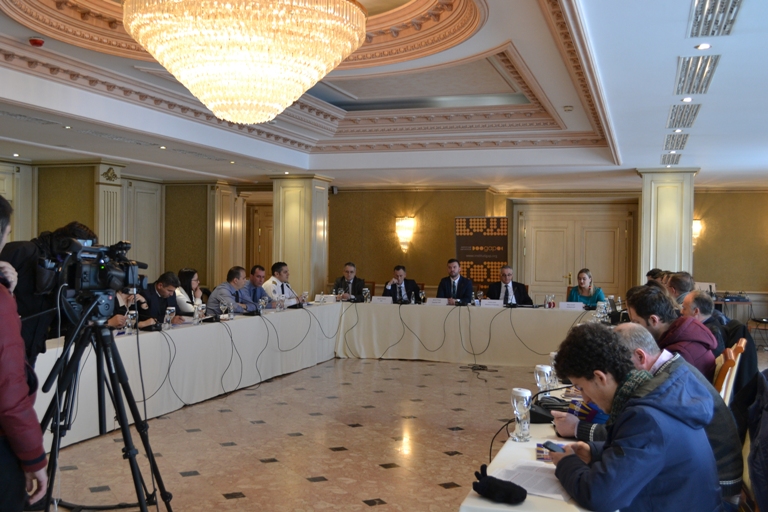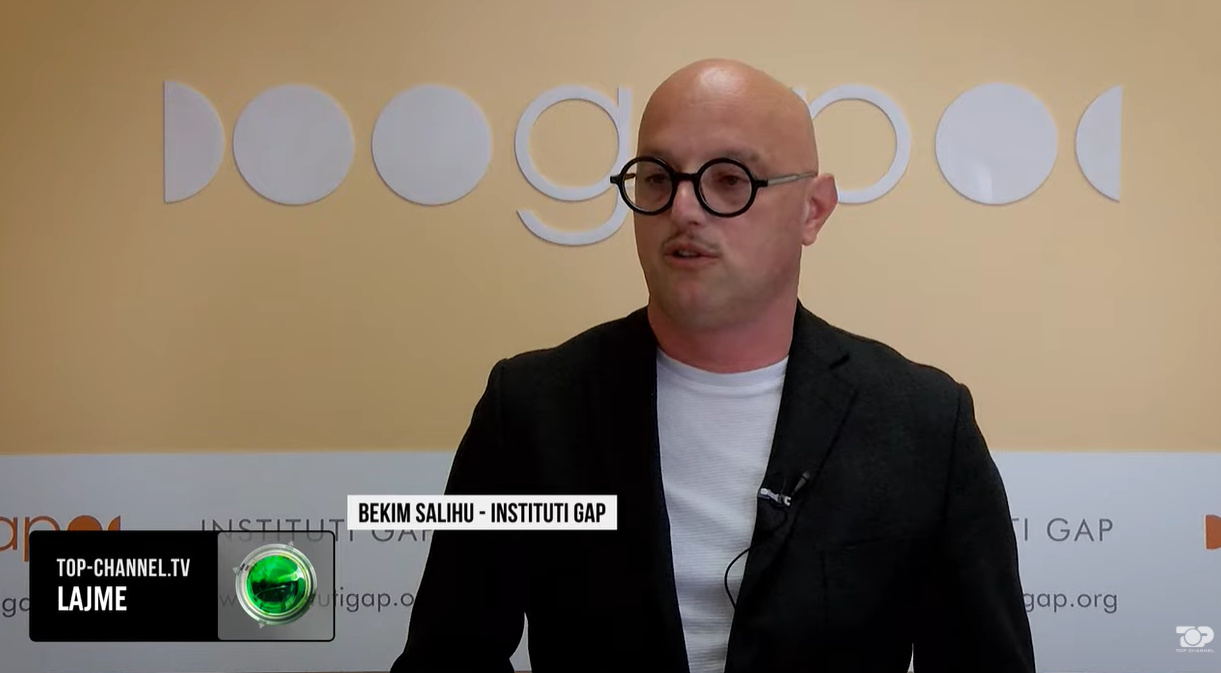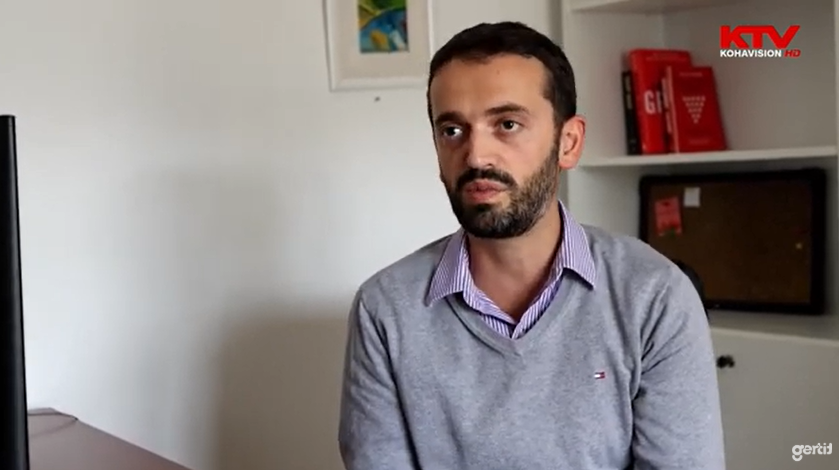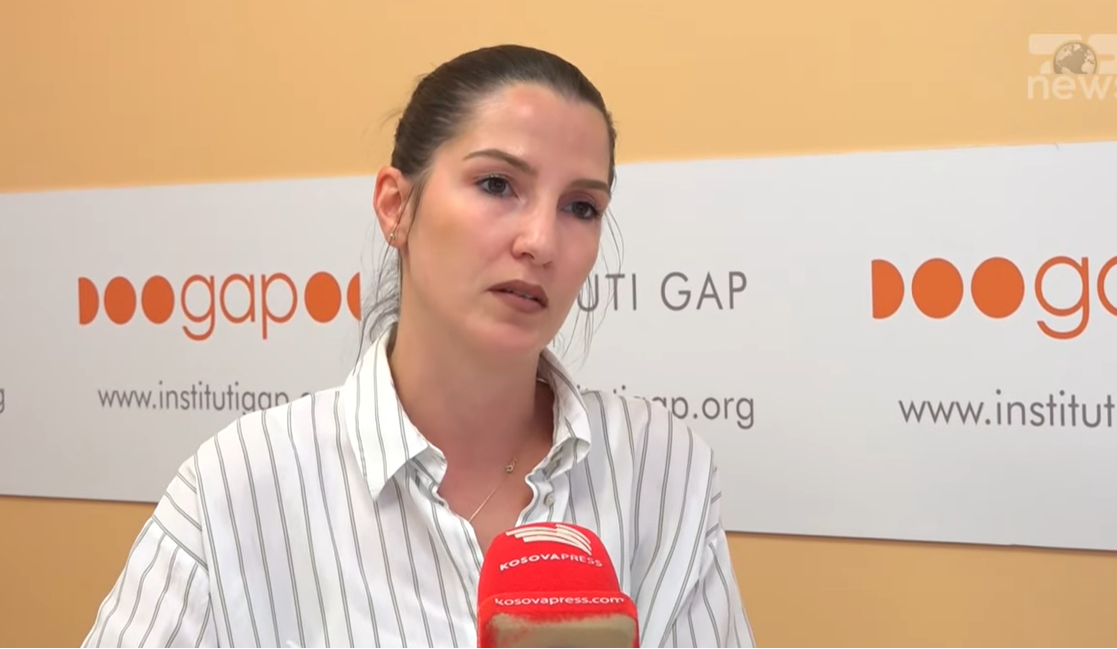GAP Institute presented the policy analysis "Effects of the Law on Public Debt Forgiveness"
28/02/2018
GAP Institute held a round table discussion where the policy analysis "Effects of the Law on Public Debt Forgiveness" was presented.
Berat Thaqi, policy analyst at GAP Institute, said that the Law on debt forgiveness was adopted as a fiscal instrument by which the government expected to write-off and settle debts of citizens and businesses and to encourage customers for regular payments of public obligations in future years. According to him, the law on debt forgiveness resembles most to an administrative assistance for institutions than legitimate debt forgiveness since such debts were already obsolete or old and no lawsuits could be filed. He also stressed that unlike in Kosovo, countries like Macedonia and Croatia have adopted legal initiatives for writing off the debts of social assistance households without imposing any conditionality.
Nora Jusufi, researcher at GAP Institute, stressed that the debt forgiveness process in Kosovo was not transparent and was not reported correctly. The Committee on Supervision of Debt Forgiveness Management at the Ministry of Finance has failed to gather reports from all publicly owned enterprises and state institutions which means that debt forgiveness data have not been accessible to the public. However, according to data collected from ten public enterprises and two state institutions by GAP Institute, about 56% of the debt collected by the end of 2008 was forgiven. Meanwhile, for the period 2009-2014, 30% of the debts have been repaid. The biggest beneficiaries of the law were citizens with highest monthly income than those with the lowest income. The law was considered to be partly successful due to the poor economic conditions and the lack of efficiency of the judiciary.
The report recommends that the Ministry of Finance publishes detailed debt forgiveness data, the Government of Kosovo automatically writes-off debts accumulated until 2008 for households under social assistance, and that the National Audit Office does a regularity audit for the public debt forgiveness and settlement process.
Fatmir Gashi, Deputy Finance Minister, agreed with the findings of GAP Institute and added that even the ministry itself does not have the final numbers yet. He added that this law helped to relieve the debt that until 2008 was administered by UNMIK regulations. But, according to him, the worrying trend behind the debt forgiveness process is that in 2016 and 2017 the Tax Administration of Kosovo’s (TAK) debts have surged. Mr. Gashi emphasized that there will be no further debt forgiveness of debts, and that the ministry will publish the list of businesses that do not pay taxes.
Besnik Osmani, Auditor General, promised that GAP Institutes recommendation for auditing the regularity of the process of implementing the law on public debt forgiveness will be part of his 2018/2019 work plan. According to Mr. Osmani, law management was unstable as the main failure has been made in implementing Article 5 of the law requiring all public enterprises and state institutions to establish lists of persons who could benefit from this law. According to him, only TAK and Customs have compiled such lists.
Raif Preteni, director of the Water Services Regulatory Authority (WSRA), said that in the water sector, the performance level from 2015 to 2016 has increased if considering the increase in collection rates which was a result of the law on debt forgiveness. The most noticeable increase was from 2015 to 2016, where in the former year the collection rate was 74% while in the latter it was 86%.
Other participants in the roundtable were representatives of public enterprises, municipalities and other public institutions.
To read the full analysis please click Here.















